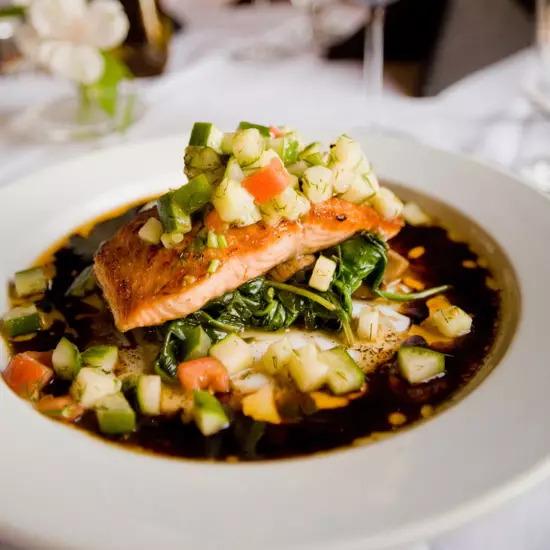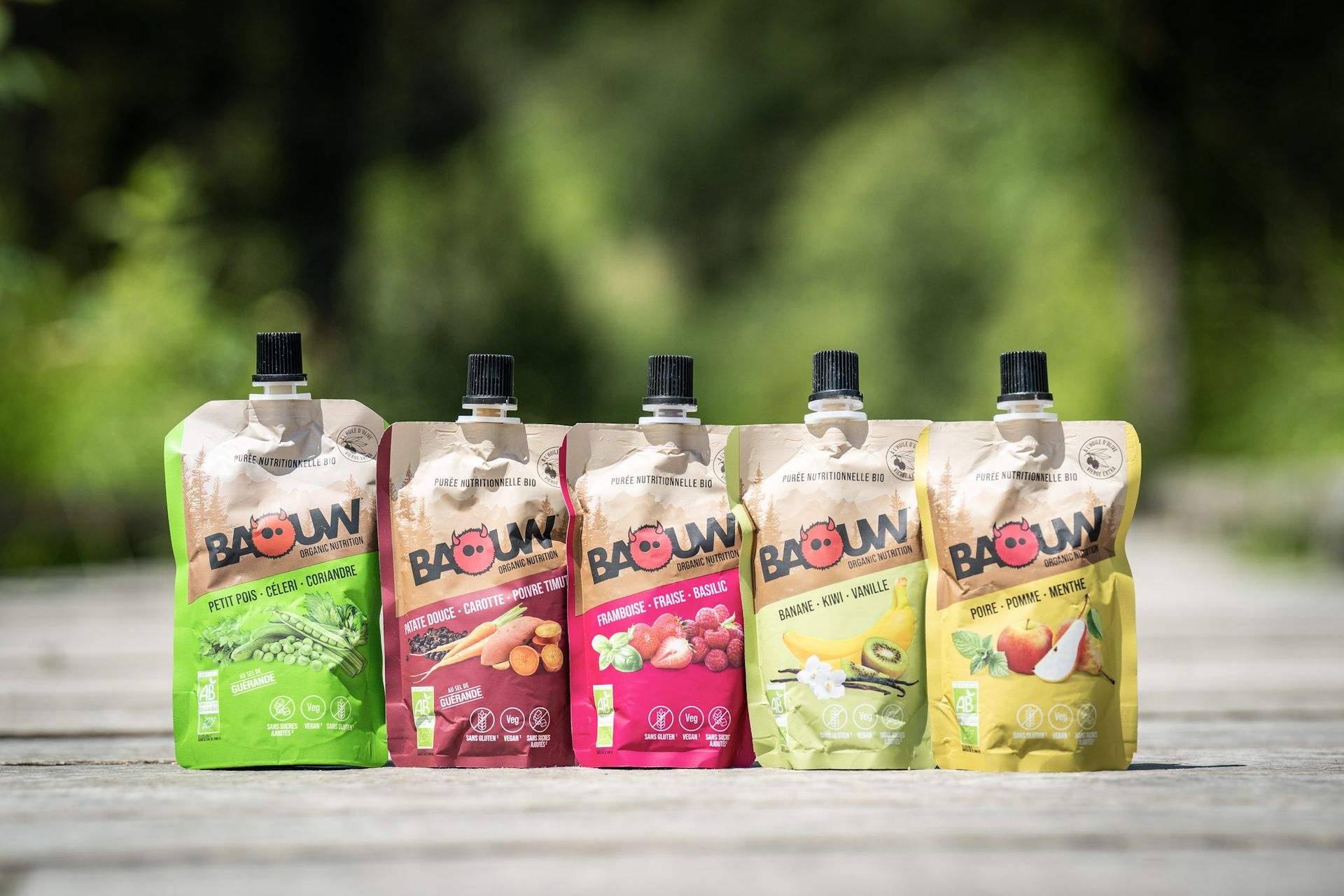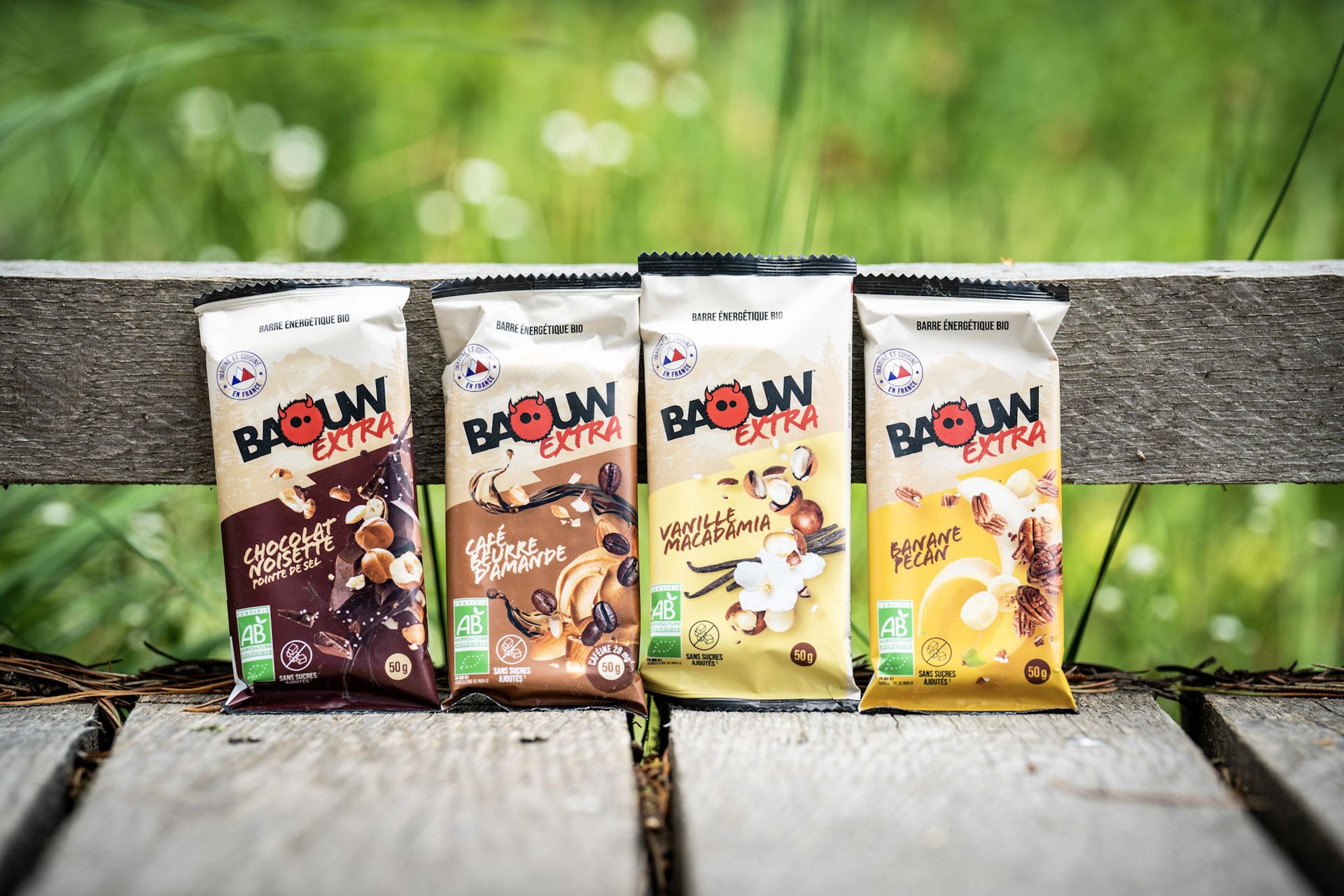DIABETES: HOW TO PROTECT YOURSELF, HOW TO MANAGE IT
90% of diabetics are type 2 diabetics! People who have developed diabetes as a result of their eating habits. It is estimated that 80% of them could have avoided it. Why and how? What eating habits are harmful? What should you do about it? Can you eat Baouw (no added sugar) if you have diabetes? How can you reconcile good sport and diabetes? All the answers from our nutritionist Benoît Nave, a graduate in Micronutrition Alimentation Prévention Santé (Paris-Descartes medical school).
- What is diabetes?
Diabetes is a long-term increase in blood sugar levels. The danger: when it lasts, it causes damage to many structures (arteries), blindness, lasting inflammation of the nervous system, and other joys.
- Diabetes, the causes
‘Blood sugar levels are regulated by the secretion of insulin. Insulin opens the door of the cells to let in glucose, which is the source of energy that can normally be used directly. In type 1 diabetes, the organ that secretes insulin (the pancreas) is mute. It no longer secretes insulin,’ explains Benoît. In the case of type 2 diabetes, it is the target cell that is deaf (= that no longer responds to insulin).
The differences between type 1 and type 2 diabetes
We need to distinguish between two diseases. Type 1 diabetes: you can't protect yourself against it, and it usually strikes you in the first few years of your life. Type 2 diabetes, on the other hand, is different. It's an acquired form of diabetes. ‘This is due in particular to inappropriate eating habits over many years, aggravated by a sedentary lifestyle. In short, eating and lifestyle habits that encourage inflammation and block lipolysis. Added to this are certain dietary deficiencies (chromium, vitamin D, omega 3 fatty acids, etc.) and/or an imbalance in the intestinal microbiota,’ points out Benoît, Xavier Thévenard's sports coach. ‘It's also linked to epigenetics. And therefore to poor gene expression (a genetic predisposition that is only expressed when the triggering environmental factors are present: diet, lack of sport, stress, etc.). But in the vast majority of cases of this type of diabetes, patients have their fate in their own hands. It's not a foregone conclusion, so we need to remain hopeful but take matters into our own hands,’ says Benoît Nave. ‘What can be done to avoid developing this disease, which has been on the increase in recent years? That's the aim of this prevention article,’ explains Ben, the Baouw nutritionist. Type 1 is insulin-dependent. It's an autoimmune disease. Type 2 is the result of insulin resistance. If you don't Translated with DeepL.com (free version)
Type 1 diabetes
An autoimmune disease that you can develop very early, either during the first few months of life, or a little later following an emotional shock, for example. It's your pancreas that no longer produces enough insulin‘. It's quite often linked to an immune reaction to cow's milk proteins,’ points out Benoît Nave.
Symptoms to watch out for
constant thirst, polyuria (= very frequent urge to urinate), polyphagia (= always hungry), polydipsia (always thirsty), common hypoglycaemic discomfort.
Treatment
You have little choice but to carry insulin with you (insulin pump under the skin with sensors that deliver automatically according to the blood sugar level measured).
- Type 2 diabetes
Symptoms
Identical. More insidious, they appear much more gradually. Long-lasting insulin resistance and/or diabetes could also favour the onset of pathologies such as Alzheimer's disease. The same signs as those of type 1 diabetes can appear when it is very unbalanced. These include extreme thirst, hunger and urination.
Treatment
S’il est pris suffisamment tôt, un ré-équilibrage alimentaire strict, une correction des déséquilibres micro-nutritionnels et une hygiène de vie adaptée (activité physique très régulière) peuvent parfois permettre une équilibration du diabète type 2.
It is very important to balance type 2 diabetes, which would otherwise progress to type 1 (insulin-dependent). And it is very important to balance type 1 diabetes (which would otherwise become insulin-resistant and therefore difficult to control with injected insulin). Diet is an essential factor in daily comfort for diabetics, as is practising sport. It is vital to limit everything that promotes insulin resistance! In other words, all sources of chronic inflammation (insufficient intake of fats rich in omega-3s, foods and eating habits that upset the digestive system, taking antibiotic or anti-inflammatory drugs on a more or less regular basis, etc.).
How do you avoid it?
Obviously, you should avoid:- All pure sugar: cola, soft drinks, fruit juices, sweets of all kinds, commercial chocolate bars (such as those with melted chocolate and caramel, etc.). Pizzas, Viennese pastries, sandwich club bread - White bread (as a reminder, one baguette = 55 lumps of sugar) - Cereals (such as special k, cornflakes, all puffed or flaked cereals), especially at breakfast! Once in a while at snack time, why not. ‘Especially after exercise, sport or any kind of intense activity (physical work, etc.)’ adds Benoît Nave, Baouw nutritionist, “after a muscular effort, in short”. - You should also avoid certain unholy couples: potatoes and red meat (steak and chips, hamburger and chips). Very insulin-secreting! Yoghurt and cow's milk (dishes with cream, etc.) Generally speaking, avoid all refined, industrial food.
- Sport, diet and diabetes: the Baouw solution
« Nos barres Baouwcan be used during exercise by type 2 diabetics without any problems,’ advises Benoît. ‘They can also be used by type 1 diabetics who have their diabetes well under control and who are used to physical activity (read below the testimonial from Jean-Yves Couput, who works at Salomon. A lifelong cyclist, he's now a keen ultra cyclist).
What you need to understand
‘When you eat good fats (omega 3), take care of your intestines, eat enough fibre, are not deficient in vitamin D or vitamin A, and your diet is sufficiently rich in B vitamins, you considerably reduce your risk of developing type 2 diabetes. That's what we do at Baouw, in our bars’. Carbohydrate intake is smoothed out thanks to their high fat, protein and fibre content. 100% of our recipes have no added sugar. There's just the sugar that fruit naturally contains. None of our bars contain refined sugar. - Advice on using Baouw ‘For type 1 diabetics, I advise against consuming it outside of exercise, as it is still the sugar in the fruit’, recommends Benoît Nave, nutritionist. ‘For type 2 diabetics, a Baouw bar (all of which have no added sugar) can be added to a snack (if you need a snack, are feeling hungry or want to nibble), ideally as follows: a piece of fresh fruit (rich in fibre and water) followed by a handful of oilseeds and then a Baouw. And of course, if you have type 2 diabetes, you can eat them during and after exercise (as part of your recovery, for example).
How do we at Baouw keep the glycaemic index of our bars under control?
Here's the answer from Benoît Nave, our nutritionist! ‘A product made exclusively from raw ingredients (fruit and oilseeds) will always contain plenty of fibre. Refining removes the fibre. This loss of fibre throws any product out of balance. These fibres (natural, found in all plants) enable the carbohydrates contained in the food to be distributed PHYSICALLY. Without it, the glycaemic index rises sharply. That's why nours energy bars DO NOT cause a blood sugar spike. And so there's no need to feel hungry afterwards ! No reason to resist! Baouw combines indulgence and health
By Myriam Cornu.
DIABETES AND BAOUW PUReES
‘I recommend our energy purées for exercise, for diabetics’ advises Benoît Nave, in-house nutritionist. ‘These are not compotes: they contain no sugar. The sugar content is very, very smooth. Our Raspberry-Strawberry-Basil purée, in particular, has a very moderate glycaemic index’, especially as, according to certain scientific studies, raspberries can reduce blood sugar peaks in people with insulin resistance (what used to be called a “pre-diabetes” state). It owes these anti-diabetes properties to the anthocyanins, ellagitannins and fibre it contains. To discover ours purees, take a look here!










